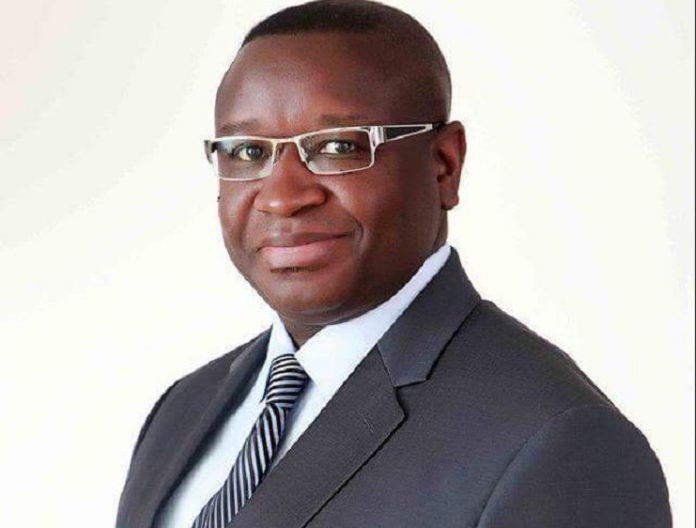There has been a major boost for the media in Sierra Leone with President Julius Maada Bio promising the imminent repeal of the criminal libel and sedition laws and the creation of a fund to support journalists.
“Part Five of Sierra Leone’s Public Order Act criminalises any publication that is deemed defamatory or seditious and has been used as a regime to unduly target and imprison media practitioners and silence dissident views,” President Bio conceded while interacting with journalists during his maiden media cocktail meeting on December 5, 2018 in the capital, Freetown.
“Therefore, I am pleased to inform you that a Cabinet paper with full concurrence from the Attorney General is now before Cabinet for consideration. It is my honest and genuine view that Part Five of the Public Order Act of 1965 should be repealed and will be repealed in the shortest possible time,” President Bio announced.
Recalling his campaign pledge to provide subvention to the Sierra Leone Association of Journalists (SLAJ), President Bio, who was voted into power in March 2017, announced that the fund which is to support media development was ready for disbursement.
“I am pleased to inform you that it has been budgeted for and is available to access as and when you are ready without any preconditions. The ball is now in your court”, the president said.
The MFWA welcomes the establishment of the media subvention fund as well as the scrapping of the repressive laws which have been used over the years to muzzle freedom of expression in Sierra Leone.
The section of the laws under consideration (Part Five of the Public Order Act of 1965) provides that a person who publishes defamatory material is guilty of libel and, on conviction, is punishable by a fine and/or imprisonment not exceeding two years. This penalty poses a threat to the freedom of expression rights, not only of journalists but of all citizens.
As recently as September 22, 2017, the chief editor of The New Age newspaper, Ibrahim Samura, was charged with four counts of sedition and criminal libel. Donald Theo Harding and Thomas Dixon—both of Salone Times newspaper—were also charged with ten counts of sedition and criminal libel.
Within hours of publishing a satirical article about President Ernest Koroma on October 18, 2013, the Managing Editor of the Independent Observer, Jonathan Leigh and Chief Editor, Bai Bai Sesay, found themselves behind bars. Accused of libel and sedition, they were to spend 19 days in pre-trial detention.
Veteran journalists Jonathan Leigh, David Tam-Baryoh and Paul Kamara, among many others, have been victims of the infamous sedition law.
The Sierra Leone Association of Journalists (SLAJ) attempts in the past to challenge the constitutionality of the libel and sedition laws as contained in the Public Order Act have ended in disappointment with the Supreme Court once insisting that those laws put journalists “under no imminent threat.”
The repeal of the repressive law will, therefore, certainly be met with a great sigh of relief from the media in Sierra Leone.
The MFWA welcomes President Maada Bio’s stated commitment to scrapping the repressive law as step in the right direction which will give the media in Sierra Leone a new lease of life. We urge the media to reciprocate this gesture with a renewed commitment to journalistic excellence, professionalism and the pursuit of the public interest at all times.





